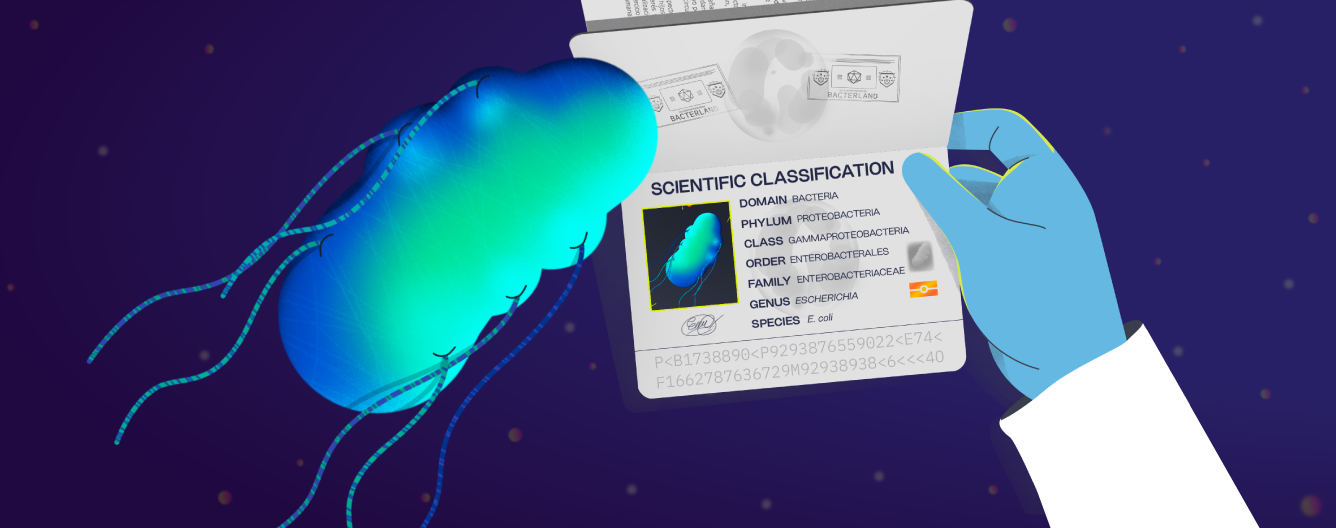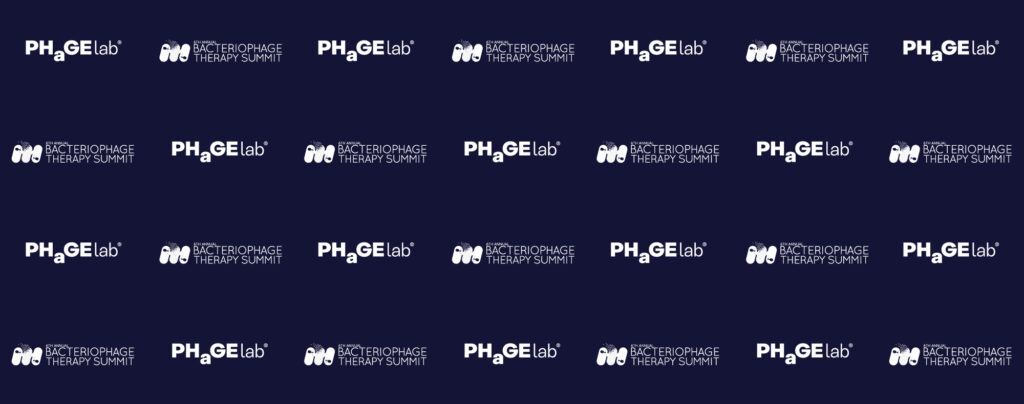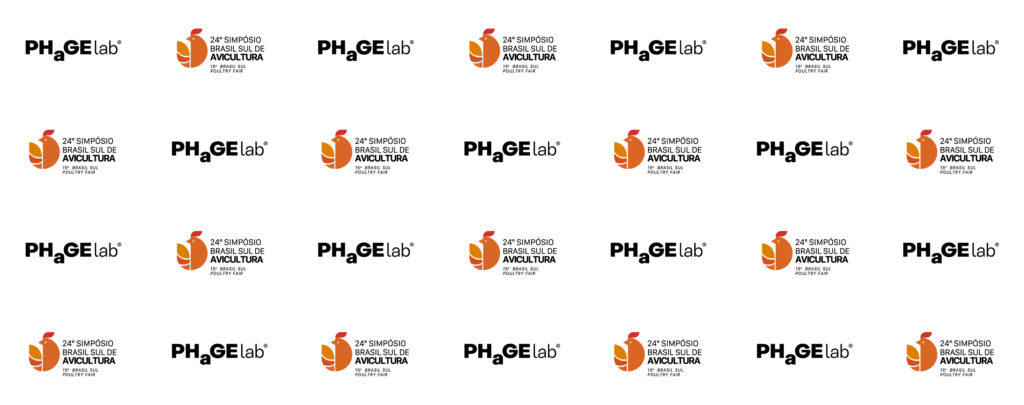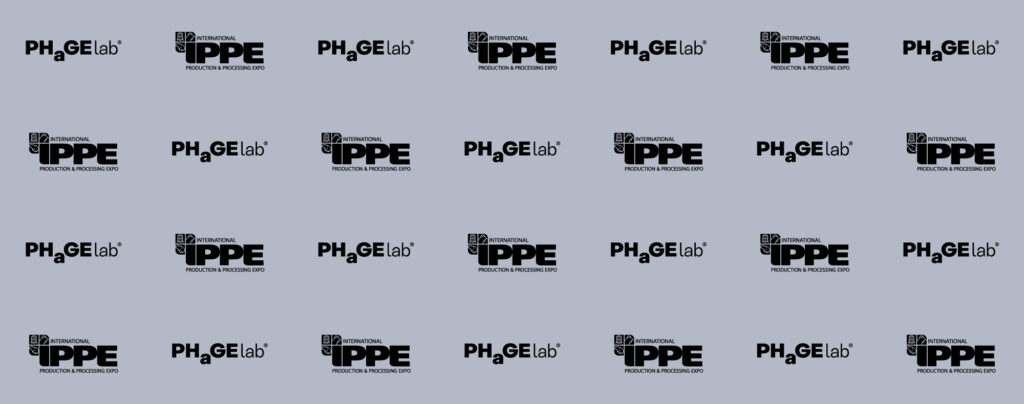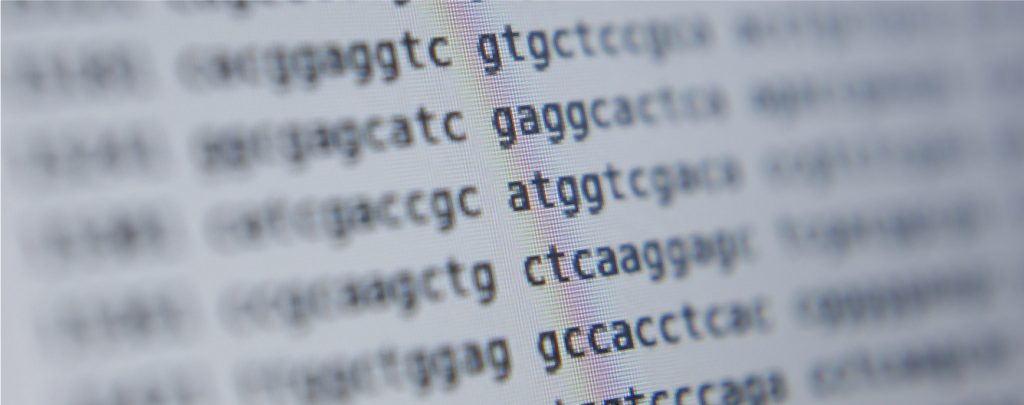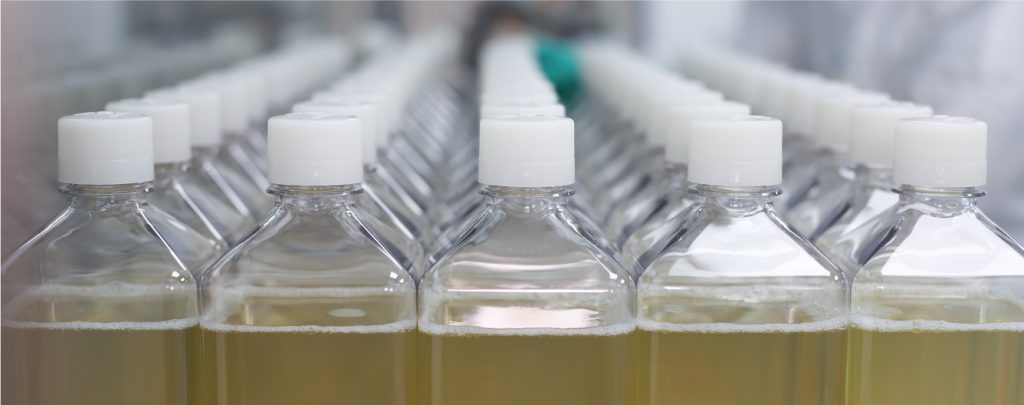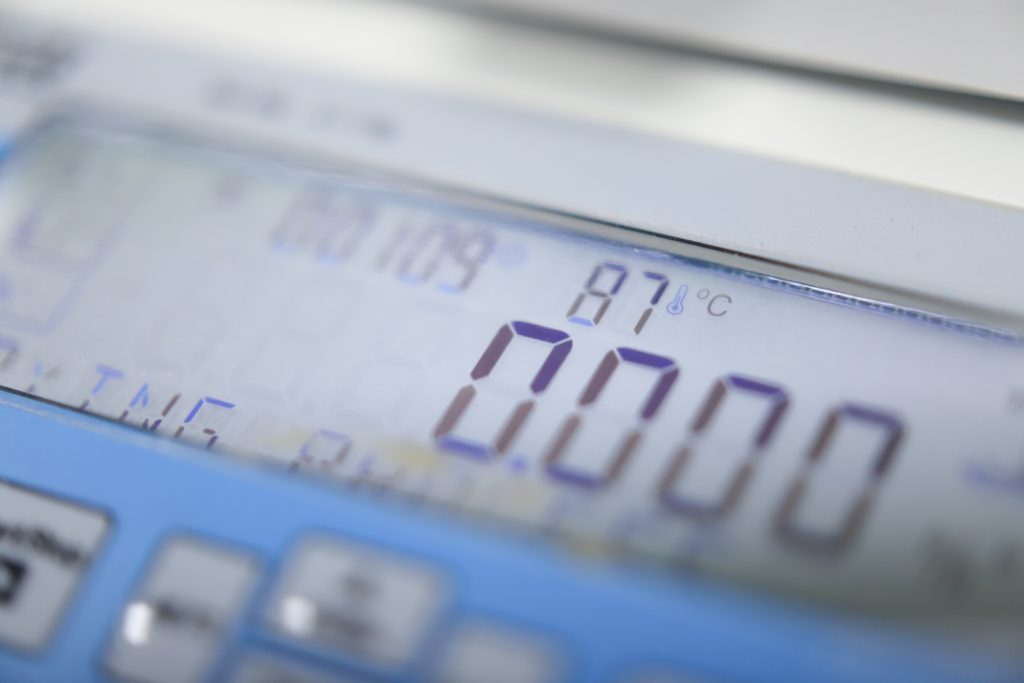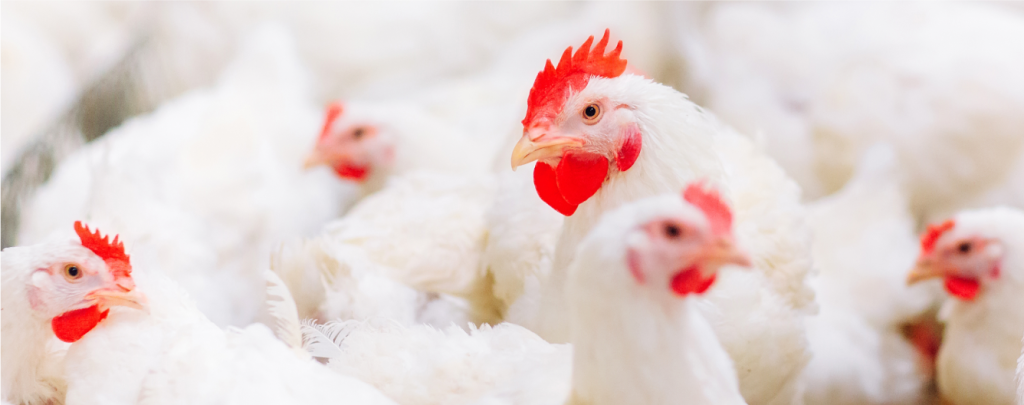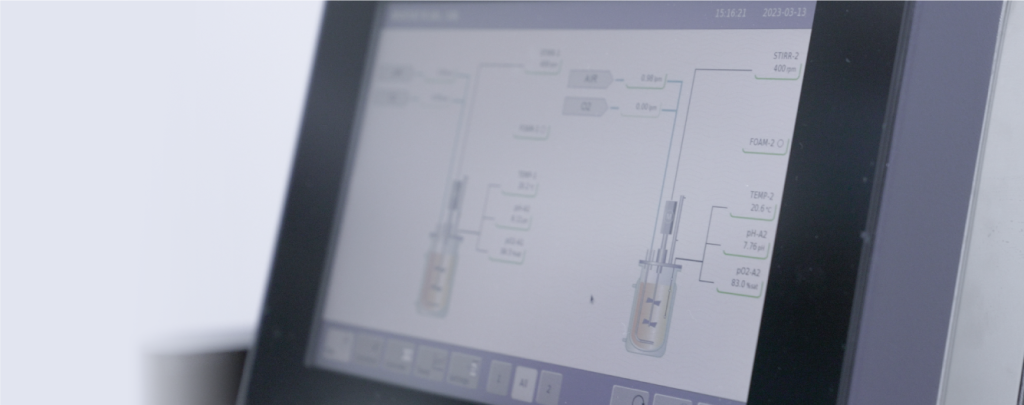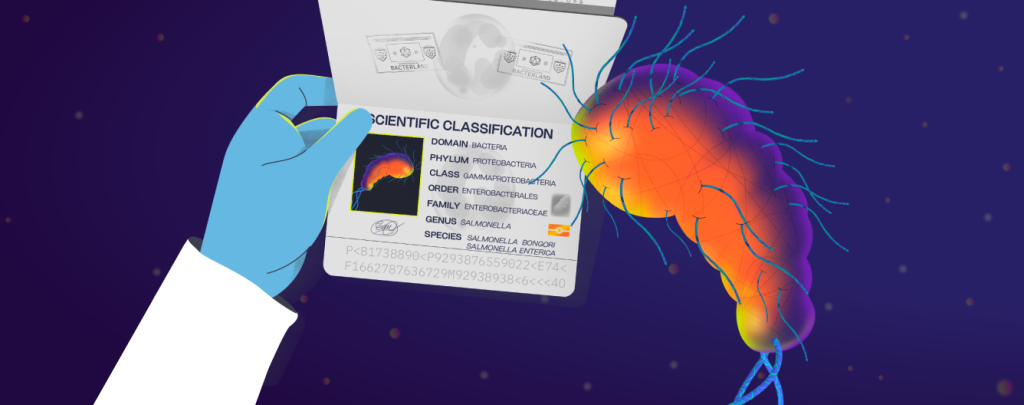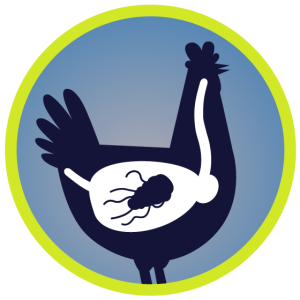
Escherichia coli, or E. coli, are bacteria found in the environment, foods, and human and animal intestines. They are a diverse group of the genus Escherichia and the family Enterobacteriaceae.
Most of these bacteria are innocuous, but some can end up in hard-to-treat infections such as colibacillosis.
In the intensive animal production industry, E.coli infections can cause havoc as they can spread quickly, affecting animal performance, and can even be transmitted to humans.
A way to treat diseases caused by Escherichia coli is using antibiotics, which can cause resistance to them in bacteria.
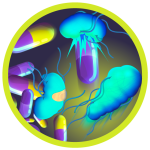
We urgently need alternative treatments and our mission is to defend the world against the antimicrobial resistance crisis using bacteriophages.
Where there are bacteria, there are bacteriophages to destroy them. We search, isolate, characterize and sequence them, creating specific cocktails to kill targeted pathogens, such as E.coli.
To learn more about our bacteriophages and how they work, you can read our in-depth article about it here.
